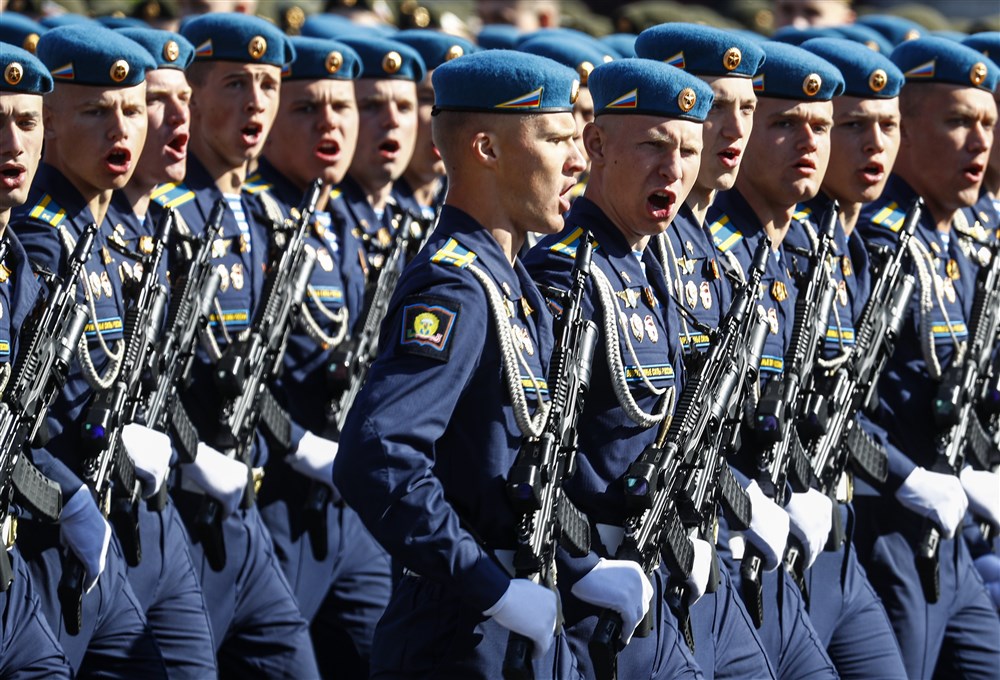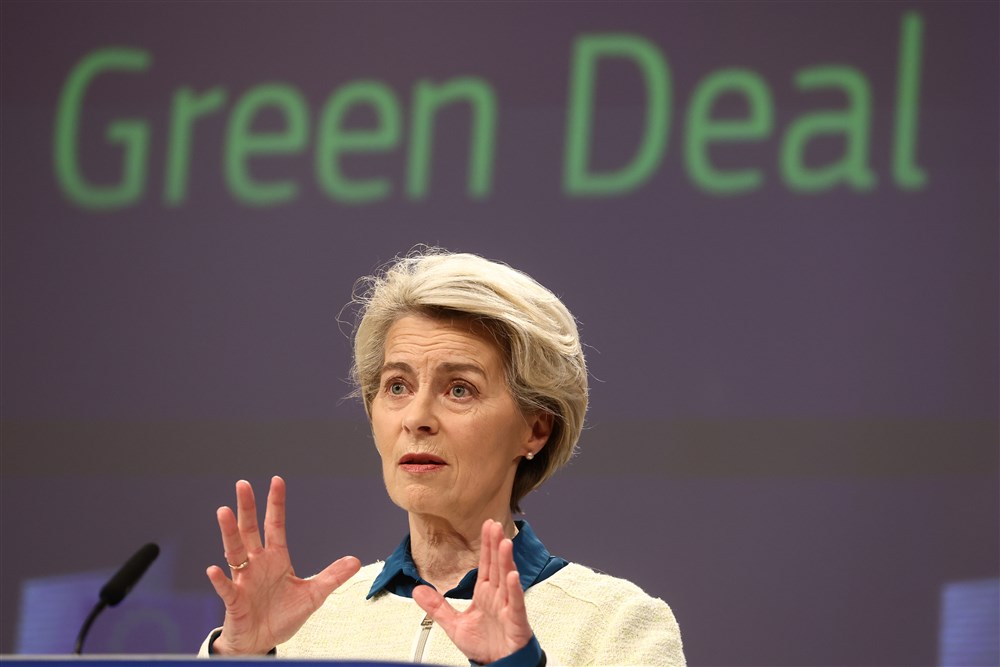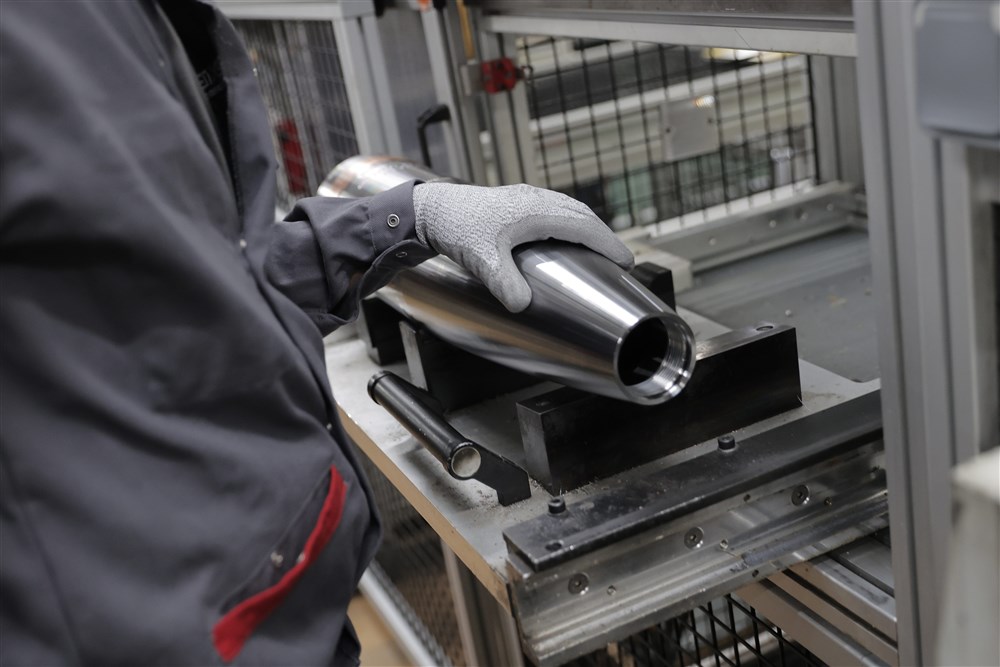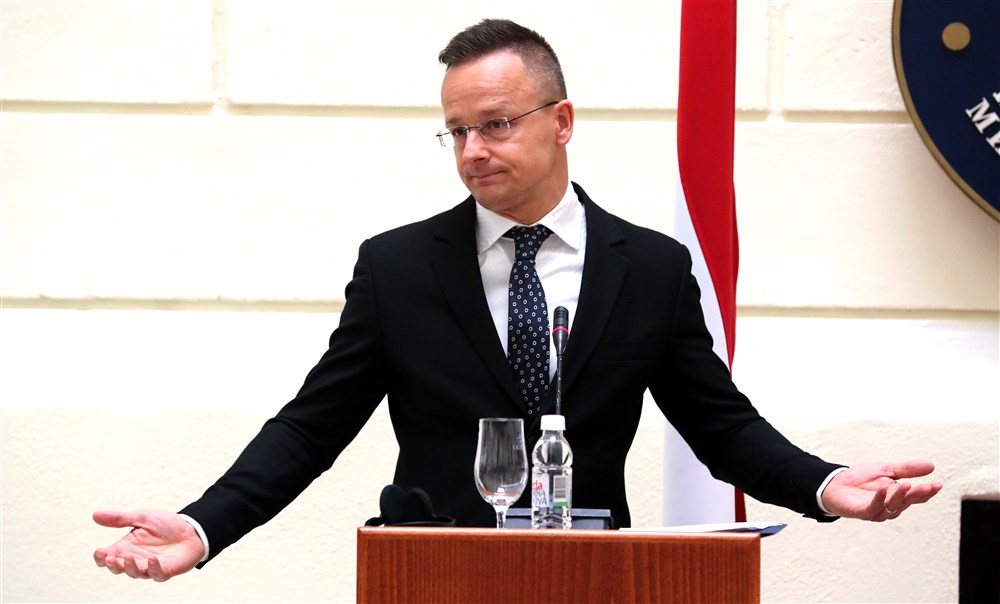A senior European Parliament leader says he has “doubts” as to whether the EU’s aid to Ukraine is ending up in the right hands.
European Parliament vice-president Dimitrios Papadimoulis told The Brussels Times of his concerns regarding the potential misuse of humanitarian, economic and military aid totalling €67 billion.
“I am very much worried about that money going to EU officials or lobbyists or Ukrainian officials,” Papadimoulis, a Greek politician from the leftwing Syriza party, said. “I have a lot of doubts [as to whether the] money and the support is going to places and the people who want or need [it]. ”
He said he was worried “that part of it goes to other places and to other pockets.”
EU funds for Ukraine include the €6 billion European Peace Facility, which among other things reimburses governments for military deliveries to Ukraine. The Facility has already faced questions following reports of countries palming off obsolete military equipment and then marking up the price tag when being reimbursed by EU taxpayers.
The Brussels Times noted that Ukraine is currently ranked 122 out of 180 countries on Transparency International’s Corruption Perceptions Index, below Sierra Leone (115), Brazil (96) and Belarus (82).
Papadimoulis also expressed uncertainty about the the cabinet reshuffle implemented by Ukrainian President Volodymyr Zelenskyy in response to the high-profile corruption scandal over military supplies allegedly involving senior members of the Ukrainian Government.
“I don’t know if it was a real change or if it was just an effort to show that something is happening,” Papadimoulis said.
His comments are in stark contrast to those of European Commission President Ursula von der Leyen who at a joint press conference in February praised Zelenskyy for his government’s anti-corruption work. She said she was “comforted” as a result.
Papadimoulis has already spoken out on the so-called Qatargate scandal—in which senior EU officials are alleged to have taken bribes from the Qatari and Moroccan Governments in exchange for supporting pro-Qatari and pro-Moroccan legislation—suggesting it represents “the tip of the iceberg” of deeply entrenched corruption in EU institutions.





